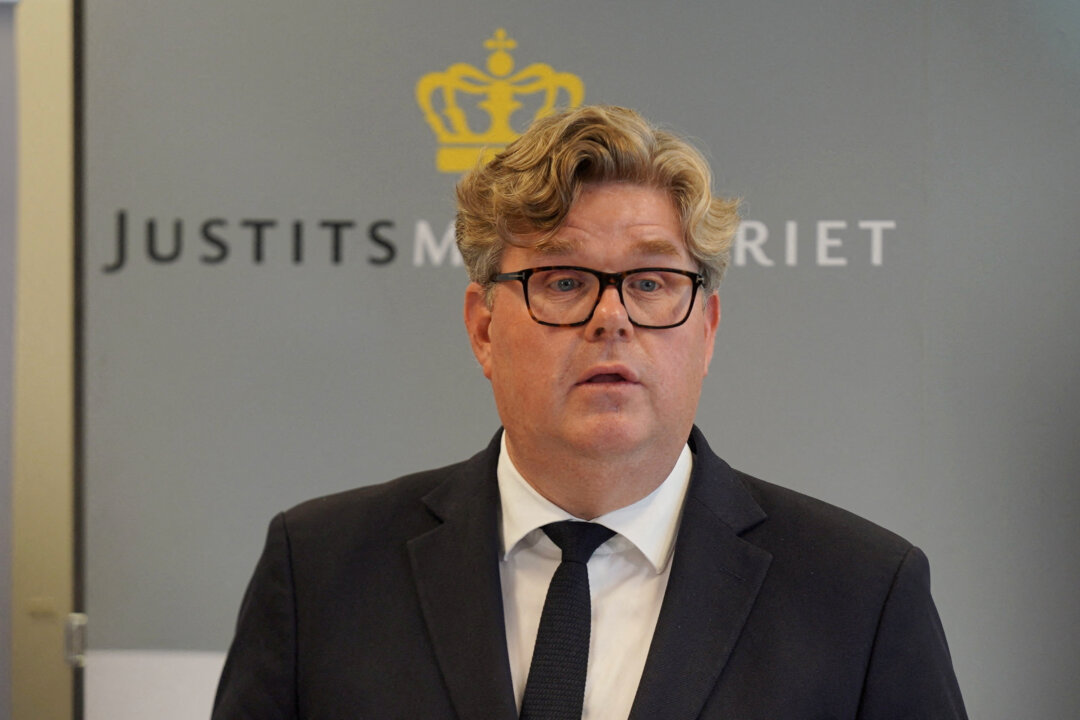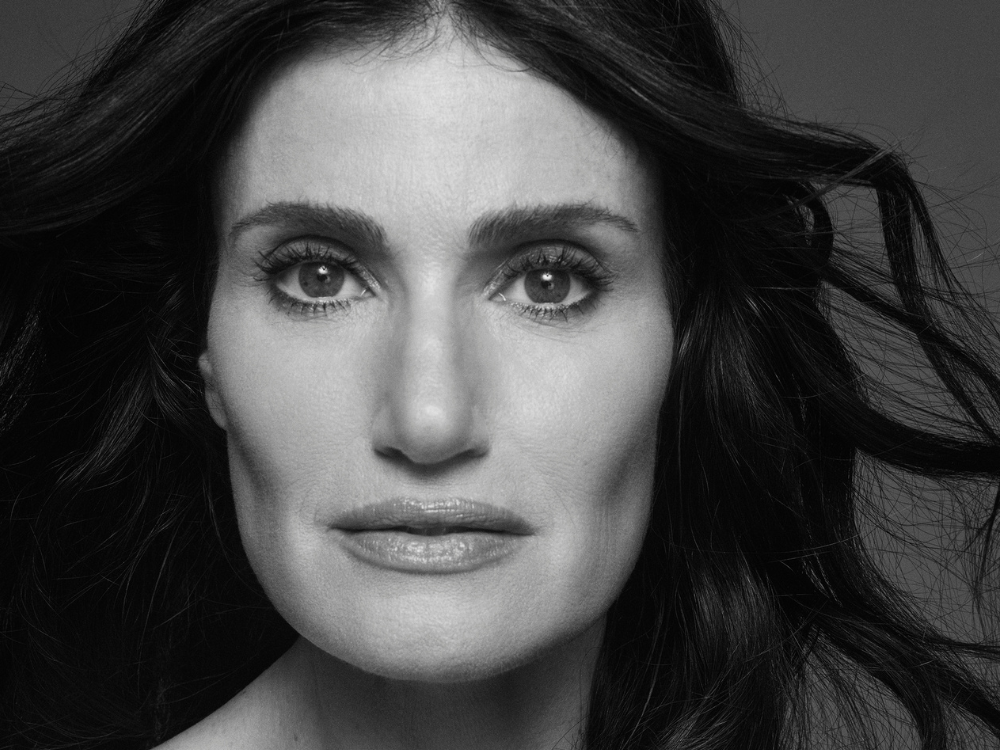Sweden Proposes Removing Citizenship From People Seen as Threat to State
Justice Minister Gunnar Strommer says Sweden faces violent extremism, organized crime, and hostile actions from state actors threatening the nation’s security.

Justice Minister Gunnar Strommer says Sweden faces violent extremism, organized crime, and hostile actions from state actors threatening the nation’s security.
Sweden is preparing to change its constitution to be able to remove citizenship from those deemed a “threat to the state,” its government said on Wednesday.
Sweden has radically tightened its once-liberal migration policies due to the vast numbers of immigrants it has taken in over the past two decades, which the government says has led to parallel societies and gang violence.
On Jan. 15, Swedish Justice Minister Gunnar Strommer told a news conference: “The background is that Sweden is dealing with three parallel and very serious threats to our internal security.
“Violent extremism, state actors acting in a hostile manner towards Sweden, as well as systemic and organized crime.”
Crime
Present-day Sweden has the highest rate of gangland killings in Europe and has experienced more than a decade of rising deadly gang violence.
Around 20 percent of Sweden’s 10.5 million citizens were born abroad. Almost 163,000 people, mainly from Syria, Afghanistan, and Iraq, applied for asylum in Sweden in 2015.
Sweden’s centre-right governing parties, and its backers, the right-wing anti-immigration Sweden Democrats, won the 2022 election on a promise to keep reducing immigration and gang crime.
Wednesday’s proposals to revoke citizenship were put forward by a cross-party parliamentary committee.
To change the Swedish constitution, the proposals need to pass a vote in parliament with a simple majority, followed by a general election and then a second parliament vote.
Low Asylum Rate
Earlier this week, the government also proposed that the time before an immigrant living in Sweden can apply for citizenship be raised to eight years from five.
Last week, the Swedish Migration Agency released data that found that Sweden had significantly reduced the number of residence permits for asylum seekers and their relatives in 2024.
Six thousand, two hundred and fifty asylum seekers and their relatives were given residency permits in 2024, the lowest number since comparable records began in 1985.
Migration Minister Johan Forssell told a news conference at the time: “I think it will need to continue to decrease.
“We now have a historically low asylum rate, but that should be put in relation to a number of years when it has been at very high levels.”
In October 2024, the government earmarked 3 billion Swedish crowns ($268 million) for repatriation grants.
Shift
Immigration policies have sparked widespread frustration throughout the EU, leading to an electoral shift to the right.
Countries such as Germany, Austria, and France have implemented stricter border controls.
Last year, the German government ordered border controls to begin for six months to tackle illegal immigration and extremist threats, suspending the freedom of the passport-free Schengen zone.
This was shortly after the anti-immigration populist party Alternative for Germany made a breakthrough in state elections, emerging as the dominant political force in eastern Germany.
Herbert Kickl, leader of the right-wing anti-immigration and euroskeptic Freedom Party, recently tasked with forming a new coalition in Austria, has openly advocated the “remigration of uninvited foreigners.”
Head of Freedom Party (FPO) Herbert Kickl attends a TV debate, after the first exit polls during the general election, in Vienna, Austria, on Sept. 29, 2024. Lisa Leutner/Reuters
In October 2024, the European Union’s executive arm, the European Commission, proposed measures to tighten its stance on illegal immigration, responding to pressure from governments across the bloc, where illegal immigration has become a political and security concern.
European Commission President Ursula von der Leyen proposed striking more deals with non-EU countries from which illegal immigrants originate, or through which they transit, to stop them there. She also suggested that those who have no right to stay in the EU be sent to “return hubs” in non-EU countries, such as Egypt, Morocco, Algeria, Mauritania, Senegal, and Mali.
She cited Italy’s agreement with Albania in November 2023 as a model. Under that deal, Italy can send up to 36,000 migrants to reception centers in Albania. The first group arrived on Oct. 16, 2024, aboard an Italian navy ship, in the first deal of its kind involving an EU member state.
Reuters contributed to this report.

















